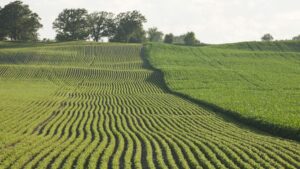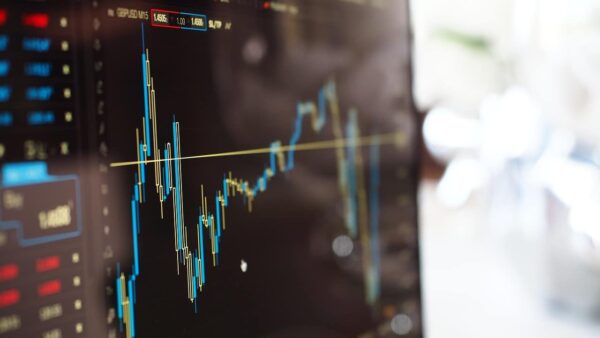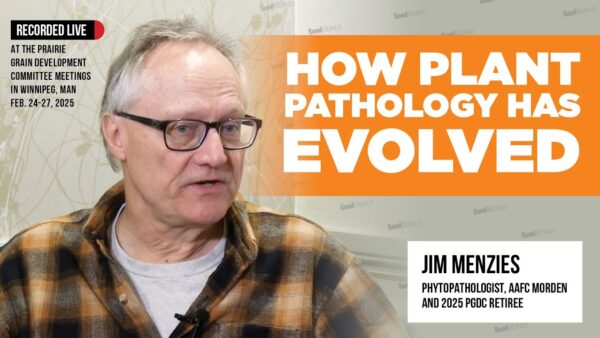Rabobank and Koppert have been working together for a long time and there is a clear match when it comes to their vision for supporting long-term sustainability targets.
In 2018, Koppert and Rabobank agreed on a set of Key Performance Indicators for which the company received a discount on its loan interest on condition that these targets were met. The first targets were set for 2018 when this approach to loan syndication was very new. Today sustainability financing is common practice and Koppert is now into its second sustainability financing arrangement.
Within this arrangement Rabobank has taken on the role of sustainability coordinator. “Sustainable food production is relevant for everyone; our future depends on it,” says Berry Marttin, member of the Rabobank Executive Board. “In the upcoming decades one of the biggest challenges for the world is to produce twice as much food with half of the raw materials. The only way to achieve this is to produce more efficiently and with less impact on our ecosystem. As a bank that is deeply rooted in the food & agri sector, we want to contribute to the solution. That is why we are pleased to be working together with Koppert on this sustainability financing arrangement.”
BNP Paribas, ABN AMRO and ING also participated on the deal and strongly supported the sustainable character of it.
“The sustainability targets which we as a company uphold and which Rabobank has agreed on, both motivate us to make our processes even more eco-friendly and create an internal sustainability focus for us to make these improvements,” says Koppert’s Financial Director, Joram Oosthoek. “At the same time, it saves us money while we contribute to our mission of more sustainable horticulture and agriculture. The savings achieved by accomplishing the sustainability targets will be donated to the Koppert Foundation.”
Compliance with sustainability criteria
This is a prerequisite for accessing Rabobank financing and four out of five of Koppert’s Sustainability Focus Areas apply. Koppert aims to be energy neutral and fossil fuel free by the family company’s fourth generation. When it comes to transport and mobility, steps have been made towards reducing CO₂ by 50%, and offset emissions to achieve this target by 2030. Zero waste by 2030 is another sustainability ambition in which steps are in progress. The short-term target includes the introduction of eco-friendly packaging and bottles for biological crop protection products. The company aims to contribute towards 100% sustainable horticulture and agriculture this century. Koppert has a positive impact on the environment in that its biocontrol products protect biodiversity by reducing or eliminating the need for chemical agents.
“Setting an environmental positive impact target is a very unique approach. We are not only committed to improving our internal processes, but are dedicated to be a driver for change in agriculture and horticulture by directly or indirectly playing a role in making growers and other stakeholders in agriculture aware of the risks involved in using chemicals for pest and disease control, fertilization and other farming procedures,” says Joram Oosthoek.
Koppert does this by developing sustainable alternatives that come from nature itself, using macro and microorganisms to restore and promote sustainable farming practices and support biodiversity.
Growing a better world together
The Rabobank’s Sustainable Funding Framework is the result of Rabobank’s ongoing efforts to link sustainability with the way the bank is funded. As a cooperative bank with a front-running position in sustainability-oriented banking, their motto is: ‘Growing a Better World Together’. The bank has a long history as a cooperative bank in the agri-food sector. Rabobank supports innovation in the agri-food sector and sustainable food systems.











